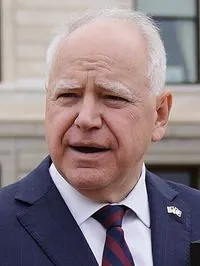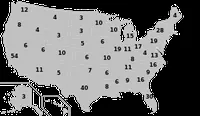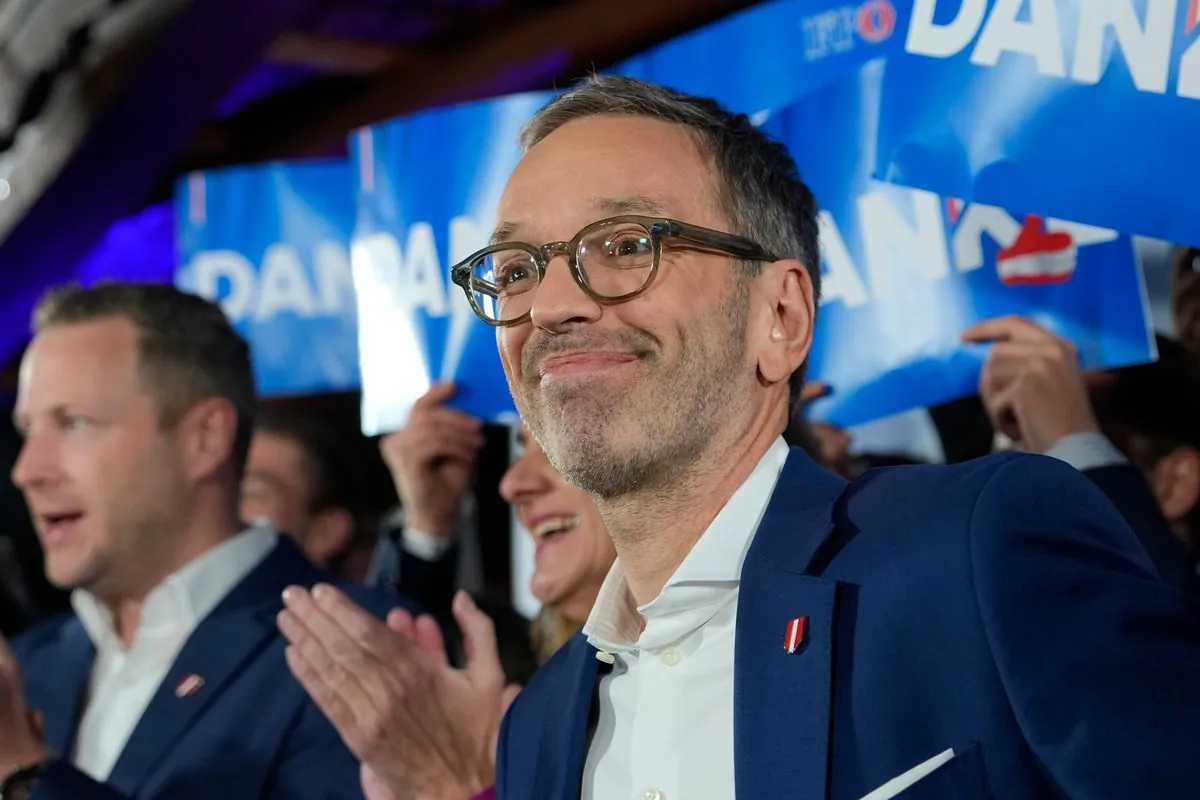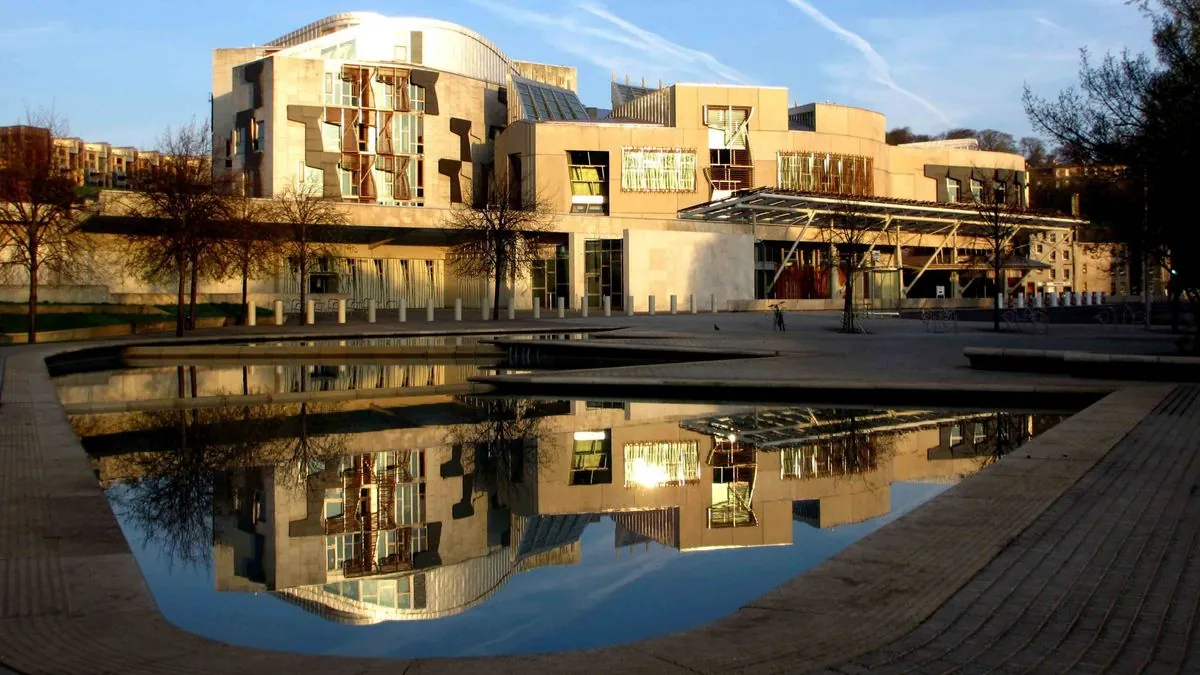Far-Right Party Tops Austrian Election, Sparking Concerns
Austria's Freedom Party wins national election, marking a shift in the country's political landscape. The victory raises questions about immigration policies and potential conflicts with the EU.
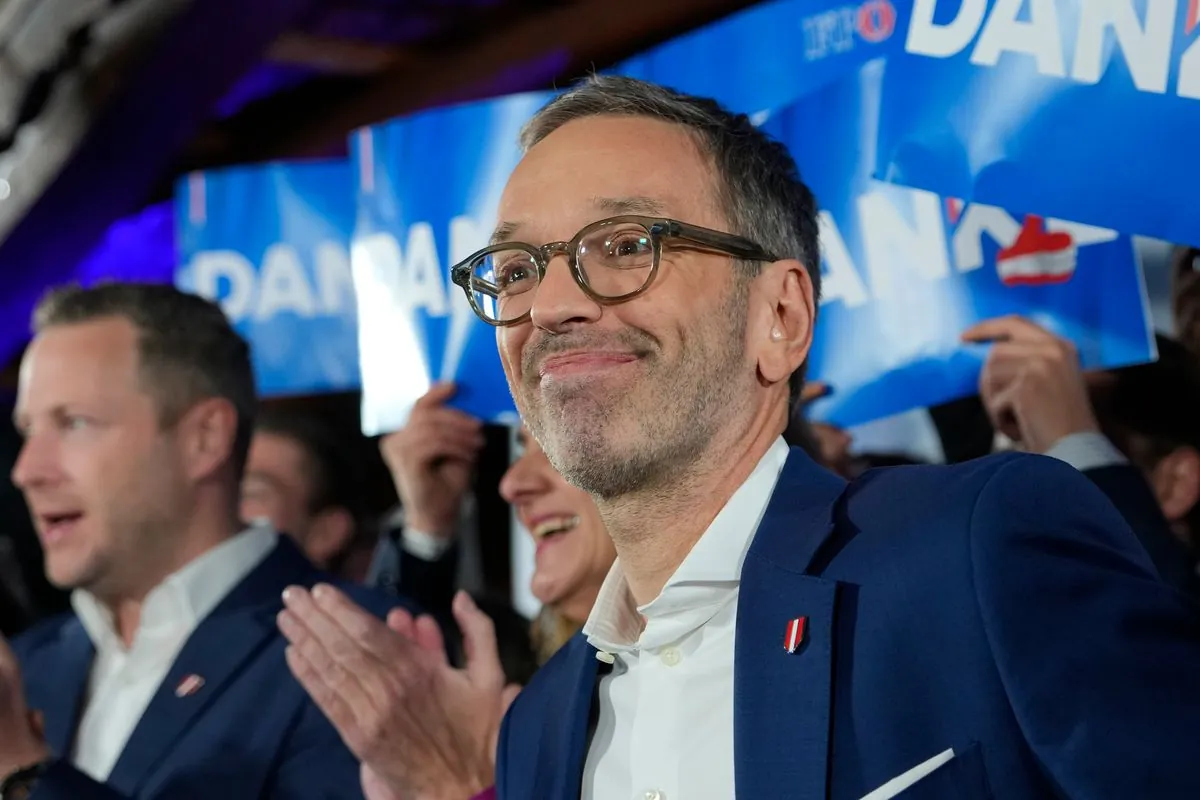
In a significant political development, Austria's far-right Freedom Party (FPÖ) has emerged victorious in the recent national election, securing nearly 29% of the votes. This marks the first time since 1945 that a far-right party has topped the polls in Austria, a country with a complex historical relationship with right-wing ideologies.
Herbert Kickl, the FPÖ leader, campaigned on a platform centered around immigration control, promising to build a "fortress Austria." This stance resonates with a specific demographic, primarily voters aged 35-59, indicating a generational shift in political preferences.
The election results reflect a broader trend across Europe, where far-right parties have been gaining traction. Austria, despite its historical context, has not been immune to this shift. Following World War II, the country attempted to distance itself from its Nazi past through de-Nazification efforts. However, the political landscape has evolved over the decades.

Austria's political history includes controversial figures like Kurt Waldheim, who served as UN Secretary-General from 1972 to 1981. In 1986, revelations about Waldheim's Nazi past sparked international debate but did not prevent his election as Austrian president, though it led to his exclusion from entering the United States.
The FPÖ's victory, while significant, falls short of a majority. Other major parties have expressed unwillingness to form a coalition with the FPÖ, potentially leading to political deadlock. This situation mirrors experiences in other European countries where mainstream parties have isolated far-right election winners.
Immigration remains a contentious issue, driving much of the FPÖ's support. Austria, with its population of about 9 million, has grappled with immigration challenges, particularly since joining the European Union in 1995 and implementing the Schengen Agreement in 1997.
The potential formation of an FPÖ-led government could lead to conflicts with the EU, especially regarding immigration policies. Austria's unique position, with the Alps covering 62% of its land area and its neutral status since 1955, adds complexity to these discussions.
As Austria navigates this political shift, it must balance its rich cultural heritage, including its musical legacy and high standard of living, with the challenges of an aging population and the need for sustainable energy solutions. The country's federal system, comprising nine states, and its multi-party political landscape will play crucial roles in shaping future policies.
Mainstream parties across Europe face the challenge of addressing voter concerns about immigration while maintaining alignment with EU principles. The Austrian election serves as a reminder of the ongoing political transformations occurring across the continent, highlighting the need for nuanced approaches to complex societal issues.














